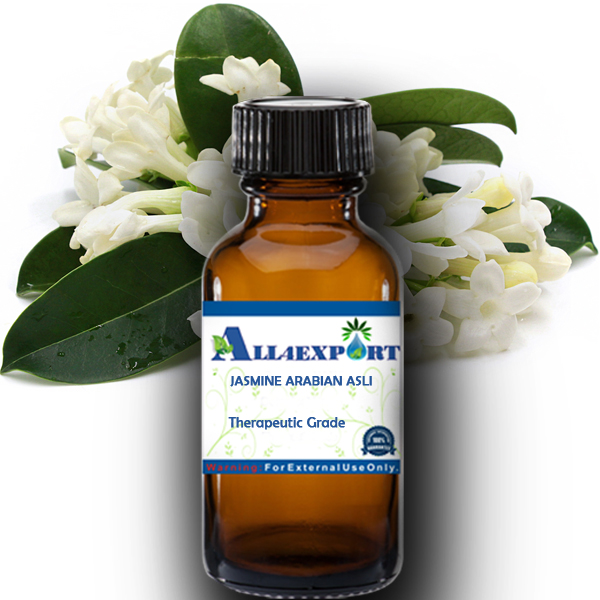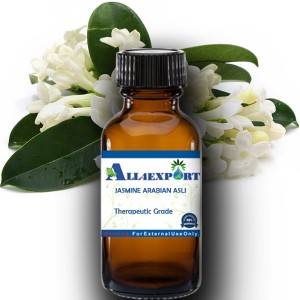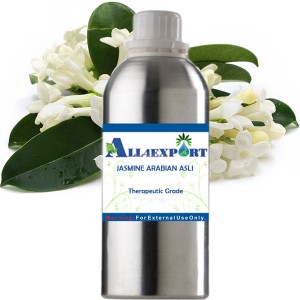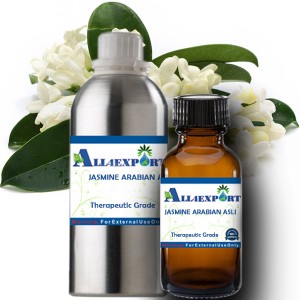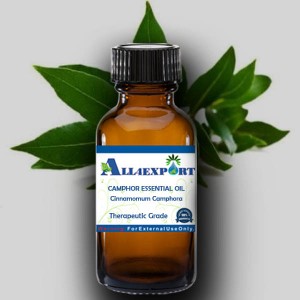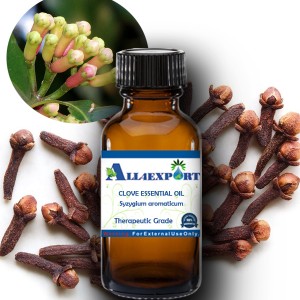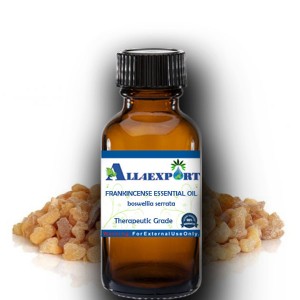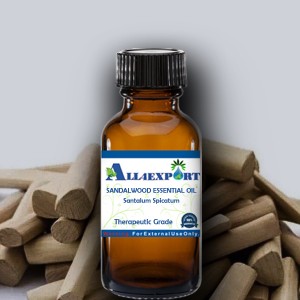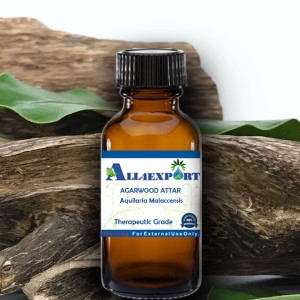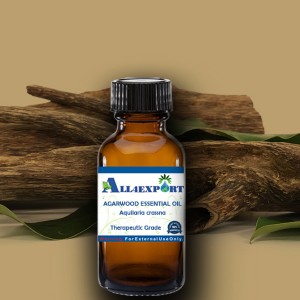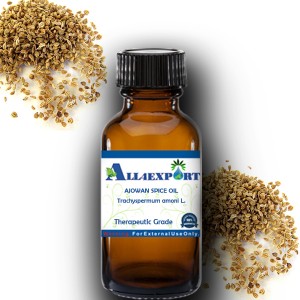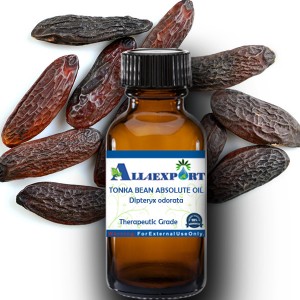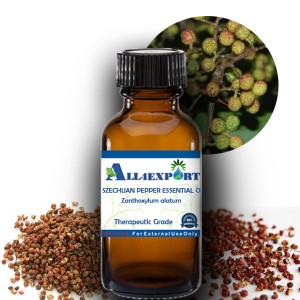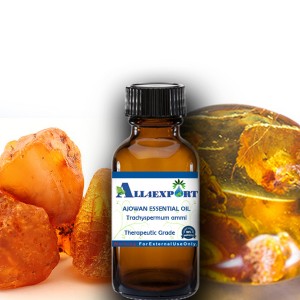| JASMINE ARABIAN ASLI |
Botanical Name | : | N/A | Country of Origin | : | India | Solubility | : | Not Applicable | Specific Gravity | : | 1.130–1.35 @ 20°C | Optical Rotation | : | 60º to 0º | Refrective Index | : | 1.522–1.590 @ 20°C | Plant Part | : | Flowers | Blend With | : | Jasmine | CAS No | : | 8001 – 88 - 5 | Flash Point | : | 167 °F | Extraction Method | : | Steam distillation |
|
Description : Jasmine Arabian Asli is known to be one of the rare flowers of Jasmine family that has a very qnique smell. It is found only in North India. It has a floral fragrance and extremely intense floral smell.
|
Constituents : It contains a various aromatic herbs, spices, sandal oil, musk essence of flowers and leaves. |
Uses : Jasmine Arabian Asli is used as a fragrant ingredient in perfumes and jasmine tea. It is used by many people as a personal perfume, mainly by Muslims due to absence of alcohol. Jasmine has been used for liver disease (hepatitis), liver pain due to cirrhosis, and abdominal pain due to severe diarrhea (dysentery). It is also used to cause relaxation (as a sedative), to heighten sexual desire (as an aphrodisiac), and in cancer treatment.
|
Benefit : It is believed that this Jasmine Arabian Asli attar posses stress releasing and mood uplifting properties. Its scent is opulent and rich, with a sweet fruity note reminiscent of apricots and bananas. |
Caution Note: We recommend Keep out of the reach of children. Avoid contact with skin and eyes.
All of the information and opinions that are provided on this web site are for informational and educational purposes only. This information is not intended to replace medical advice given by a medical practitioner. Anyone considering alternative therapies should consult with their medical professional before using an alternative method of healing. We do not give nor is any opinion on our web site medical advice.
|








